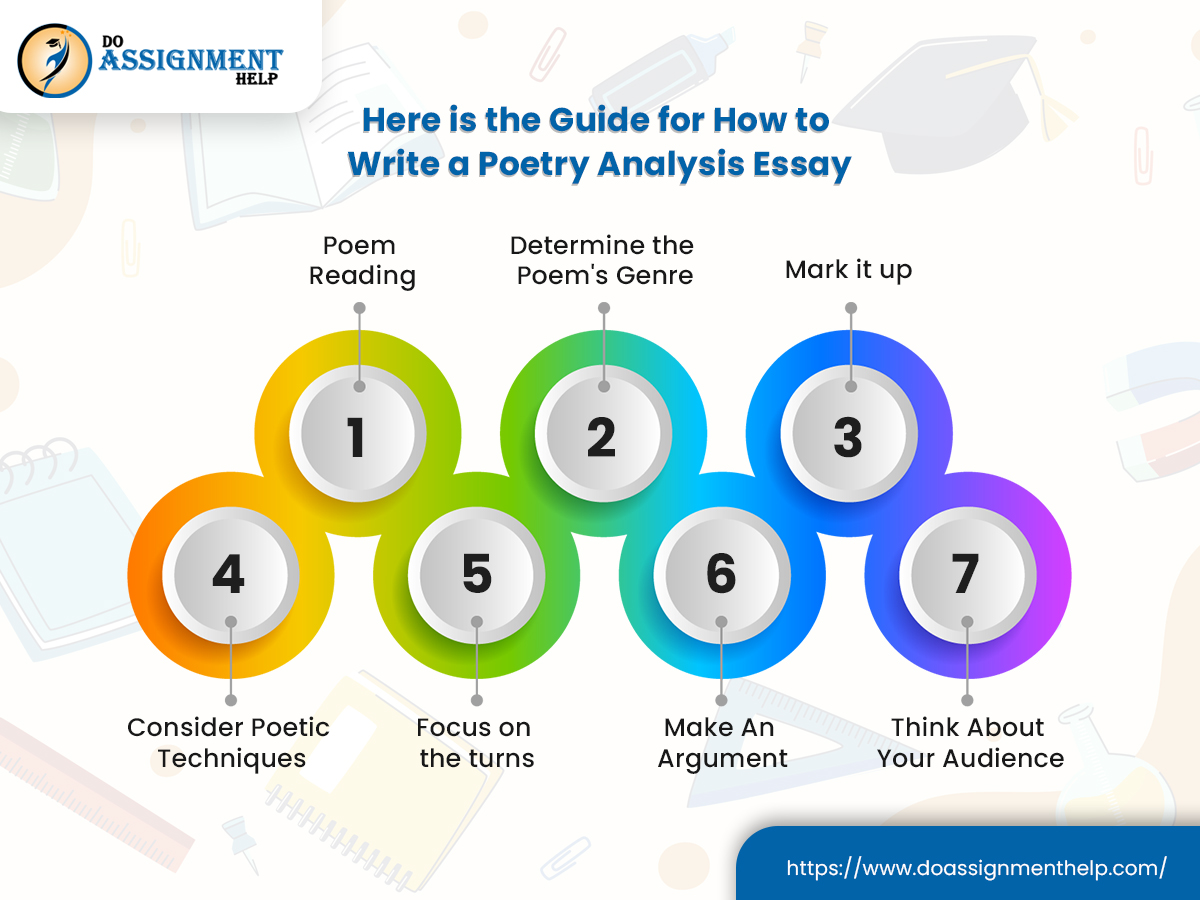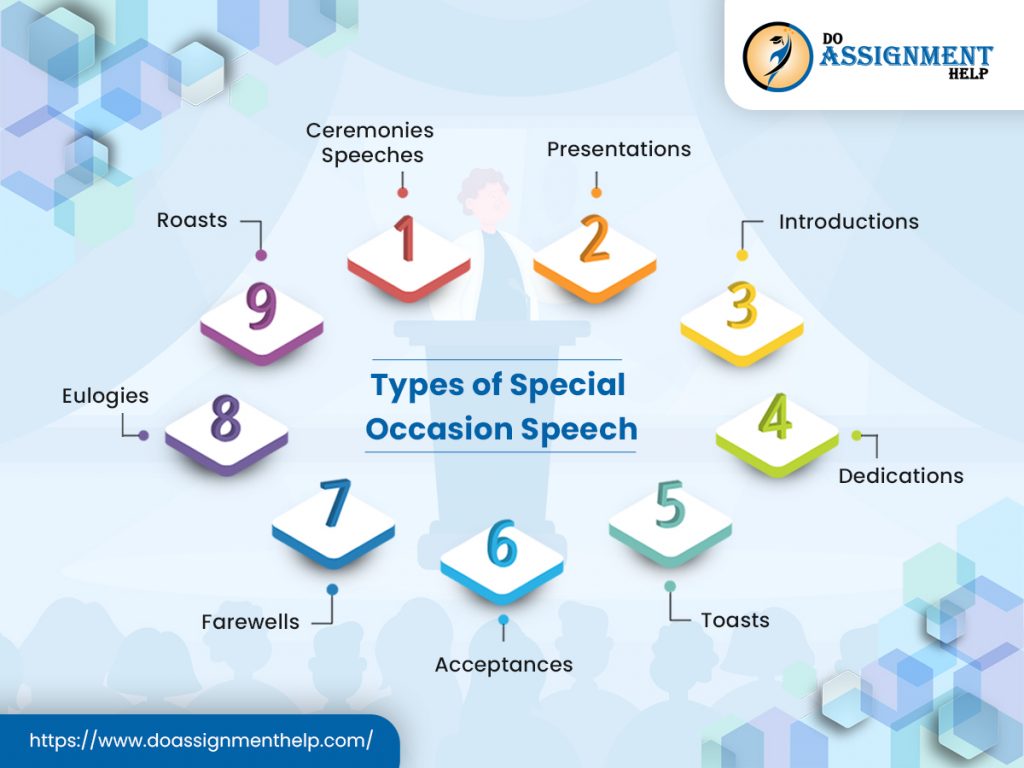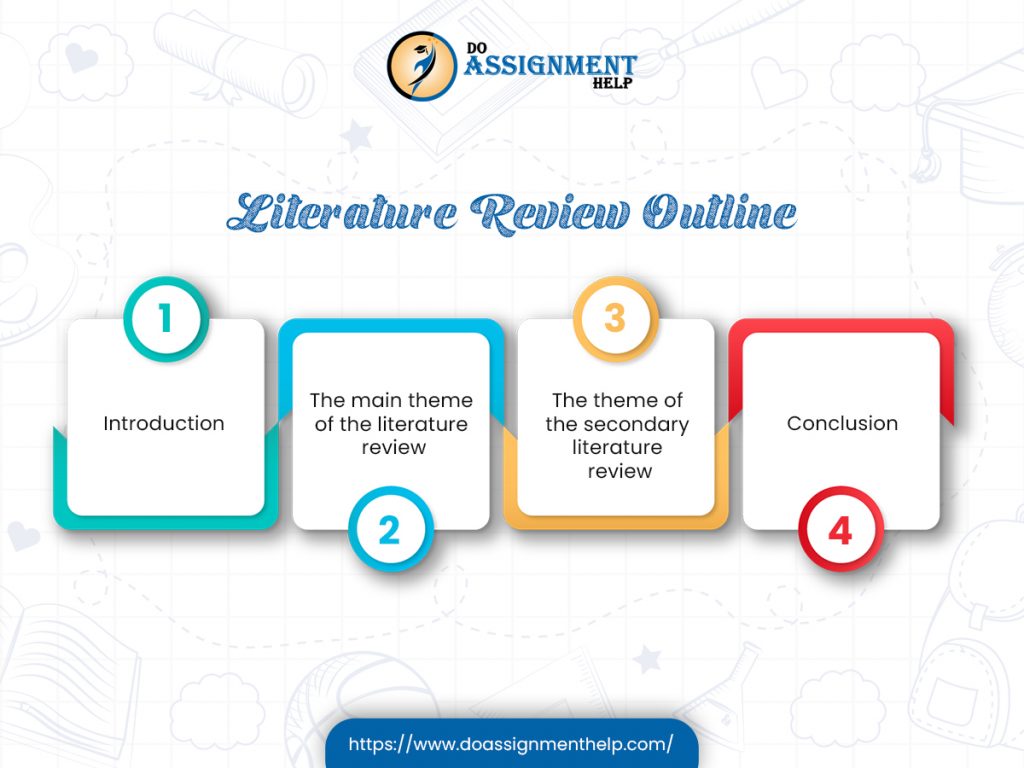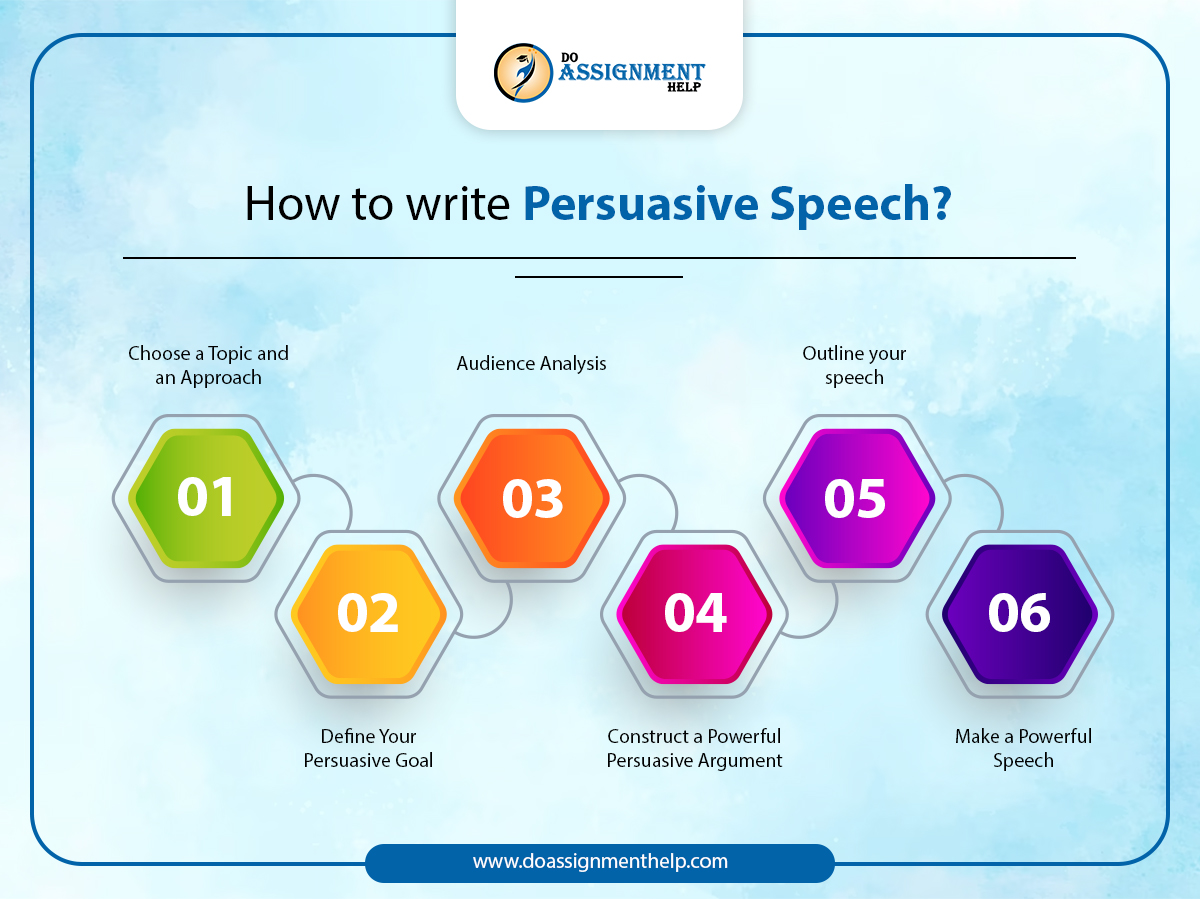Like poetry evaluation, a Poetry Analysis Essay examines a poet’s use of language and literary devices. It also requires discussing the poet’s point of view and the literary devices they use. However, word choice is simply one factor. Poetry...
Like poetry evaluation, a Poetry Analysis Essay examines a poet’s use of language and literary devices. It also requires discussing the poet’s point of view and the literary devices they use. However, word choice is simply one factor. Poetry needs “reading between the lines” to understand the poet’s intentions. Research into the poet’s life and the circumstances surrounding the poem’s composition may be necessary.
What is a Poetry Analysis?
Knowing how poetry can be critically examined is crucial from a scholarly literary perspective. Online job listings range from personal blogs to peer-reviewed academic studies. All agree that poems are poetic expressions. That tells us what to focus on while writing an analysis essay on poetry.
Therefore, familiarising yourself with terms like stanza, lyrical object, rhyme, synalepha, and syneresis is important once you’ve settled on a poem to analyze. Using these criteria, poetry can be organized, understood, and “measured.” Of course, we’re not going to pretend to agree on a single set of standards; after all, any inspired stylized narrative carries an enormous subjective weight for the reader. There should be room for interpretation in a well-written poem analysis essay or any examination of poetry. All of the Poetry Analysis Essay Example that analyzes poems shows that it is best to avoid definite statements.
How to Select a Poetry Essay Analysis Topic
When discussing the poem’s subject, we tend to ignore questions like “Why was this poem written?” or “What is this poem about?” Where does this poetry fit? What is it about? Who or what inspired the poem’s author? Questions about a poem include when and where it was written, who or what inspired the poet, and the key themes of the poem.The concept you intend to write about should guide your topic selection. The central idea or purpose of a poem is its subject. Therefore, you should search for ideas and concepts that emerge in the poem and develop a fitting theme. If you still need help deciding on an analysis topic, reading additional poems in the same vein will help you find something that works. Be sure to reference your poem as well properly. When quoting from the poetry, be sure to provide in-text citations.
How To Write A Poetry Analysis Essay?

Here is the guide for How to Write a Poetry Analysis Essay
Step 1: Poem Reading
The history of poetry is largely oral. Poets frequently employ sonorous methods that are more readily apparent when the poem is read aloud. Skim it once without trying to understand it. Consider how the poetry made you feel. Initiate with basic questions like “What are my thoughts about this?” “When I read a poem, what am I hoping to accomplish?”
Write down your thoughts on the matter. It is a circular procedure to analyze poetry. Throughout multiple readings, your initial reactions to the poetry may reveal some of the most fruitful insights on what you should center your study on.
Step 2: Determine the Poem’s Genre
Poems can be broken down into broad categories: free poetry, formal verse, and prose. There are various subgenres within traditional poetry.
Depending on the kind of poem you’re reading, you can ask yourself different critical inquiries. If you’re reading a prose poem, ask yourself what differentiates it from a brief prose. Knowing the poetic form helps place the poem in its historical setting. For instance, if you’re analyzing a sonnet, think about how the poetry you’re reading conforms to or deviates from sonnet rules.
Step 3: Mark it up
Poems can be marked up in a variety of ways. You can highlight important passages if you like. In the margins, you might note the specific poetic devices you notice. The poem can be scanned, which highlights stressed and unstressed words. Important or unexpected terms can be highlighted for further consideration.
When reviewing a whole poetry collection, it is helpful to make marginal notes regarding recurring themes or motifs. When you finish your initial reading, you’ll know where to start looking for themes and motifs in multiple poems.
Step 4: Consider Poetic Techniques
Reread the poem while focusing on a certain poetic device. Poems that use line breaks include free verse and formal poetry. Consider the effects of the poet’s line breaks when you read the poem for the first time. Repeat for stanzas if the poem uses them. You can do the same with poetic devices like rhyme, meter, assonance, consonance, and alliteration. How do these devices contribute to, complicate, or otherwise affect the poem? When it comes time to sit down and compose a Poem Analysis, your observations will be invaluable.
Step 5: Focus on the turns
The term “volta,” sometimes known as a “turn,” refers to a change in the poem’s mood, tone, or style. This is a prevalent enough device in poetry to require its section of analysis. Almost every sonnet has a twist in its final two lines, and virtually all poems have some change somewhere.
Voltas are so ubiquitous that a poem’s lack of a volta is an intentional choice that should be considered in any analysis of that poem. Any poetry can be examined for the presence of a turn and its effect on the poem as a whole. Pay close attention to the poem’s closing lines, as that is often where the volta is located.
Step 6: Make An Argument
The above can be applied to each poem in a poetry collection assessment. The poet’s choice of arranging the poems within the book is also something to consider. Think about how the opening and last poems in the collection can serve as bookends for the whole thing.
Writing a Poem Analysis Essay entails developing an argument and providing supporting details, just like any other literary Essay. It’s fine for readers to have conflicting interpretations of how a poem or poetry collection functions so long as they can back up their statements with facts. In what ways do you provide proof for what you say? Review your writings, paying close attention to your annotations on poetic devices. Use direct quotations from the text to back up your claims when possible.
Step 7: Think About Your Audience
Reviewing a poetry collection for publication differs from writing an academic thesis. This is because book reviews are written for a different function than Analysis Essay. Readers, bookstores, and libraries use book reviews to help decide which titles to stock.
Think about who might like this set of books. It’s helpful to evaluate a poetry book, among others. Fans of another poet may also enjoy the poetry anthology you are reviewing.
Book reviews are usually a few hundred words, shorter than essays. Therefore, conciseness is key. There is no need to “summarise” a poetry anthology. A poetry anthology is unlike a novel or nonfiction book that can be easily summarised. Instead, describe the poetry style and highlight some of the collection’s primary themes. Describe the types of poetry that are included in this anthology. Which of the following best describes these poems: prose? Free verse? Formal verse? How difficult is the syntax? Are these poems easy to understand and read? How extensive is the bibliography of this collection?
Conclusion
Poetry Analysis Essay aids in gaining an in-depth familiarity with the subject matter. It broadens one’s frontiers of thought and encourages the cultivation of analytical skills. Analyze the poem, then use what you learn to present the poem’s main point. Use the right format. To write a top-notch paper, use the above-specified guidelines and any others you may find helpful.
The post What is a Poetry Analysis Essay? appeared first on Do Assignment Help.












